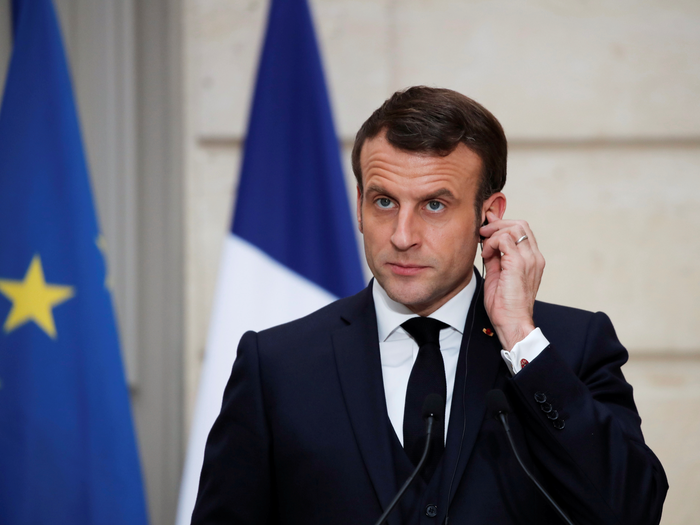France has formally distanced itself from the worsening security crisis in West Africa, with State Minister for Francophone Affairs and International Partnerships, Thani Mohamed-Soilihi, declaring that the region’s insecurity is “no longer France’s concern.” His remarks, made during a press briefing in South Africa at the G20 development discussions, come just a week after Paris handed over control of its last major military base in the Sahel.
“I’m sorry to say, but it no longer concerns us,” said Mohamed-Soilihi, in response to a question from Reuters. “That’s a shame, because everyone can see the difference between now and then. But we are looking for other ways to maintain ties, not necessarily military.”
For decades, France had maintained a significant military footprint across West Africa, particularly in its former colonies. Its troops played a key role in fighting jihadist insurgencies, supporting embattled governments, and carrying out counterterrorism operations in the Sahel a vast region stretching across the southern edge of the Sahara.
However, since 2022, France has withdrawn forces from Mali, Burkina Faso, and Niger after a series of military coups brought anti-French governments to power. In November, Chad the last remaining stronghold of French military cooperation in the region—terminated its security pact with Paris, dealing a final blow to France’s Sahel strategy.
The Sahel continues to spiral into violence. Over the last two months, the region has witnessed a deadly uptick in jihadist attacks, further destabilizing fragile states and displacing millions. Once a linchpin of counterinsurgency efforts, France’s military disengagement leaves a vacuum that could be exploited by extremist groups and other external actors.
Mohamed-Soilihi emphasized that France would continue working with nations that desire collaboration, but warned, “France won’t be able to respond to the security problems of countries with which there is no longer a relationship.”
As West Africa grapples with rising insecurity, France’s withdrawal underscores a broader recalibration of its foreign policy—moving away from military intervention and toward diplomatic and economic partnerships, even as the region faces one of its gravest threats in recent history.

